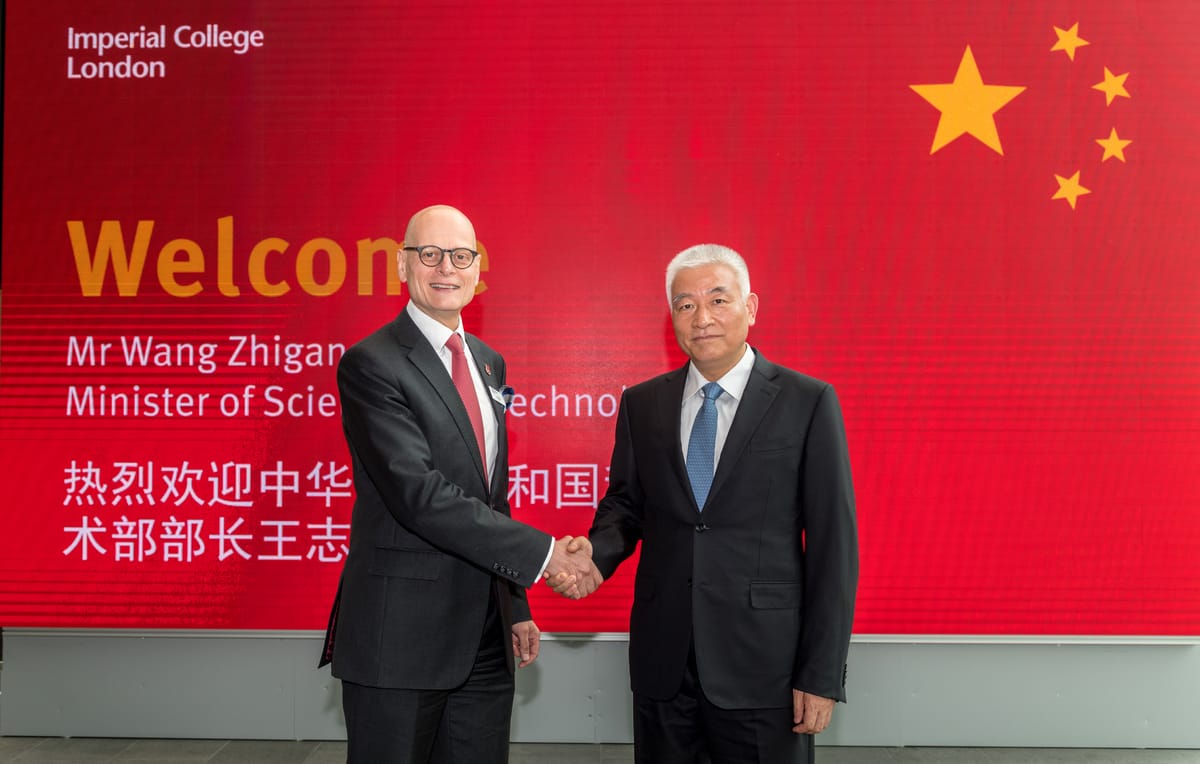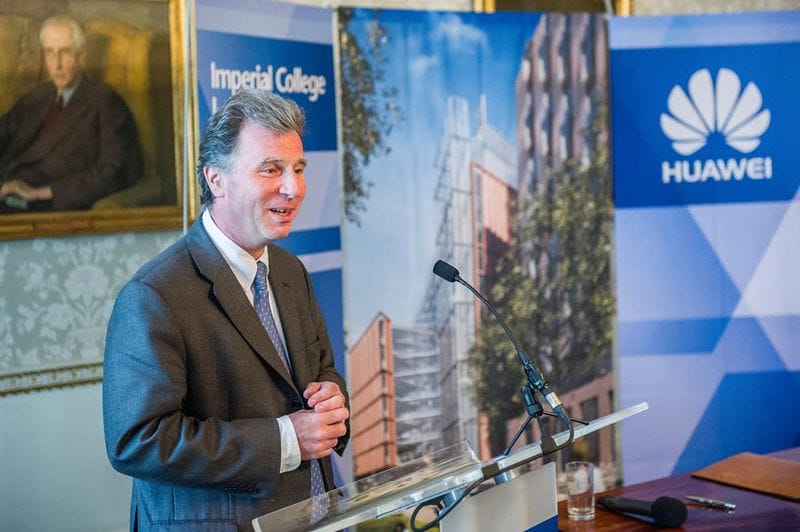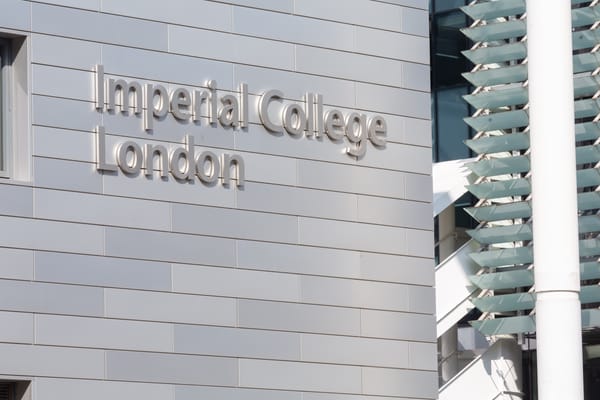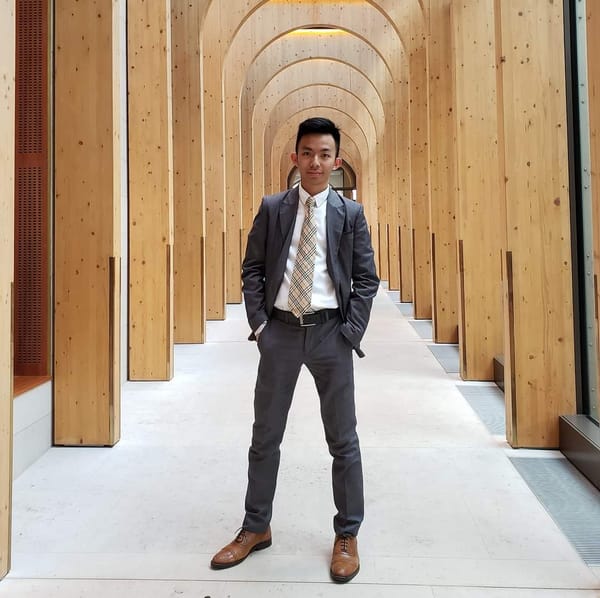Universities forced to declare sources of foreign cash
An amendment made this week will force universities to reveal the source of financial donations and investments from foreign bodies.

An amendment to the Higher Education (Freedom of Speech) Bill made this week will force universities to reveal the source of financial donations and investments from foreign bodies.
Described by The Times as a “crack down on undue influence”, any arrangements with a value of over £75,000 will have to be reported to the Office for Students (OfS). The OfS will be able to set conditions on relationships that it sees to represent a conflict of interest and fine universities that do not comply with its ruling. Entities from countries within the academic technology approval scheme, including NATO members and Japan, will be exempt from this ruling.
It is understood that this ruling, if passed, will not apply retrospectively.
In February, Felix covered a The Times investigation which found that Imperial College has received more funding from Chinese sources, including military universities and private companies, than any other university in the UK, with a total of £55 million since 2015. £5 million of this sum came from companies sanctioned by the US government, who have in recent years taken a more firm stance on China than the UK government.
Chinese telecoms giant Huawei remain the primary funding body for Imperial College’s Venture Catalyst challenge. The College also has £1.77 million invested in Tencent holdings, which Felix has found to have filed patents for facial recognition technology which touted improved accuracy on the identification of “minority groups, such as Uighurs... and black people”. The patent also described Uighurs as “special”.
The amendment follows several comments from MPs and members of government regarding the influence of the Chinese and Russian states on UK research and innovation.
Conservative MP Alicia Kearns, co-chair of the China Research Group, said “This is a long overdue step towards transparency at our universities. The next stage is for UK universities to stop signing partnerships that undermine our values and security.”
Tom Tugendhat, Chair of the Foreign Affairs Select Committee and also co-chair of the China Research Group, has been consistently critical of the links between UK universities and the Chinese state, warning that “Universities should be wary of becoming over-reliant on co-operation with Chinese institutions.”

A source at the Department for Education (DfE) told The Times that the amendment gives the OfS “powers to police universities’ financial links with foreign bodies as they currently have over academic standards.”
The DfE has stressed that the new rules will not negatively impact universities’ abilities to work with partners across the globe.
Near the end of last year, MI6 released a report describing China as the “biggest state-based threat” to UK security.
Following the aforementioned investigation by The Times, Chinese international policy specialist Martin Thorley said “The findings appear to demonstrate some sector-wide failings in terms of checks on donations and research partners”. He added that collaboration on research with clear military applications demonstrated “outright recklessness by the British institutions involved”.
A spokesperson for Imperial College London said: “Imperial conducts no classified research and we have robust relationship review policies and due diligence processes in place, with our commitments to UK national security given the utmost importance.”
Imperial has also drawn criticism in the national media for its relatively high frequency of collaboration between Imperial researchers and Chinese military-linked universities. The Times’ investigation also tracked collaborations, and Imperial College came top in this category as well, with 945 papers published in collaboration with Chinese researchers since 2015.
Visiting Researcher in the Shock Physics department, Clive Woodley, recently attracted criticism in the national media for his continued work with Chinese military researchers and for chairing a conference titled “New Material Technology for Ammunition” in Shandong province. His research work has focused on explosive science with Chinese academics linked to the ordnance industry.
In response to the war in Ukraine, Imperial College cut its ties with Russian state majority owned Sberbank near the end of February this year.








